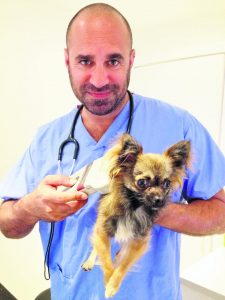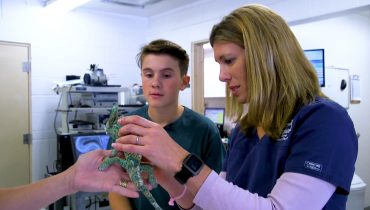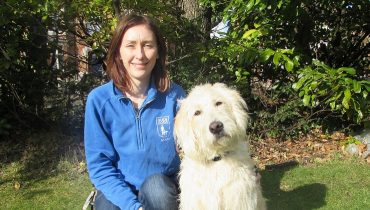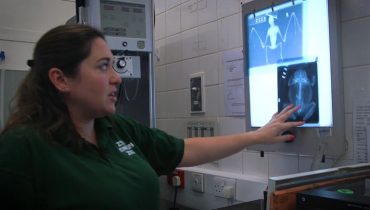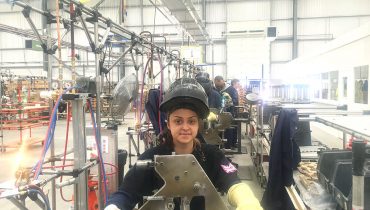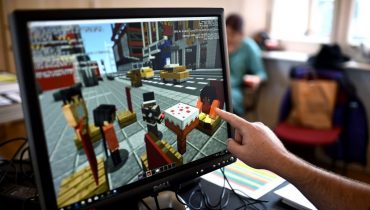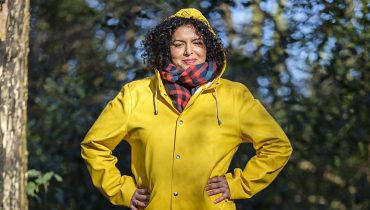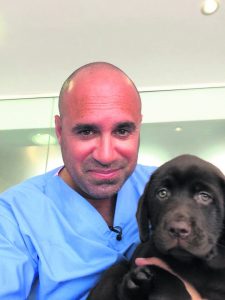
Marc Abraham
Veterinary Surgeon
What I do
My job is a veterinary surgeon or vet for short. I’m a doctor for animals; meaning as well as keeping them happy and healthy, I also have to find out what’s wrong with them when they’re sick, then give them the correct medication and treatment to make them feel better.
How I got my job
Every town in the UK has a veterinary practice – the place where people bring their poorly pets to the vet. Just like any job, mine was advertised so I went for an interview and they accepted me for the post. As long as you have a veterinary degree from university, you’re qualified to apply for a job as a vet.
What I love about my job
Quite simply I really like making animals better. From a very young age I only ever wanted to help animals, so I’m very proud to live my dream every day – at three years old I removed a maggot from a nasty wound on my pet tortoise’s leg using a twig! I love operating too; there’s no better feeling than watching an animal that arrived in your clinic ill, leaving feeling better and wagging its tail!
What’s difficult about my job
By far the hardest part of my job is what’s called ‘putting patients to sleep’ or ‘euthanasia’. This is a necessary part of being a vet and allows us to make sure that animals don’t suffer any more if we can’t make them better. Death of a pet is an important part of pet ownership; it’s always sad to lose a loved one, so the pet must always be treated with the respect and dignity they deserve.
What skills I need
As well as liking animals, and the obvious medical skills to examine the patient, diagnose any problems (find out what’s wrong), and select most appropriate medicines to get animals better; in my opinion, communication with the owner is extremely important too. Animals can’t tell us what’s wrong with them, so vets must find out as many clues from the owner (and animal) as possible to get an idea of what’s wrong with their pet. We then have to discuss treatment options which often involve stressful, financial or important life/death decisions, which need to be dealt with in a sensitive and understanding manner.
